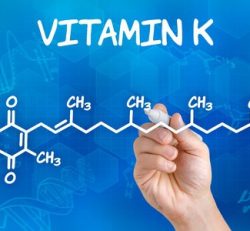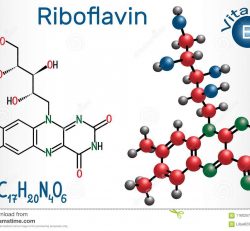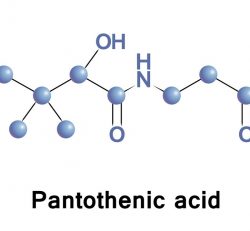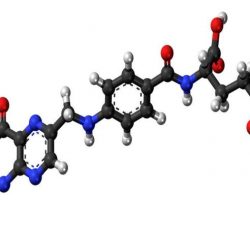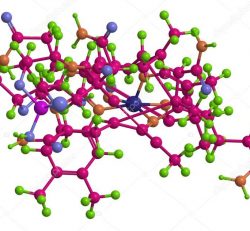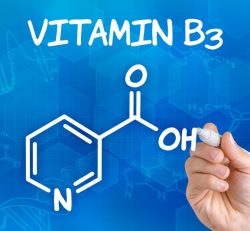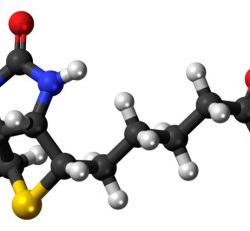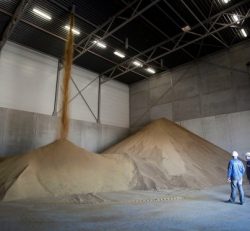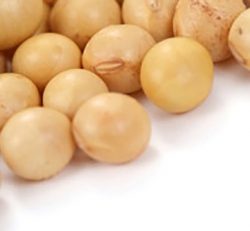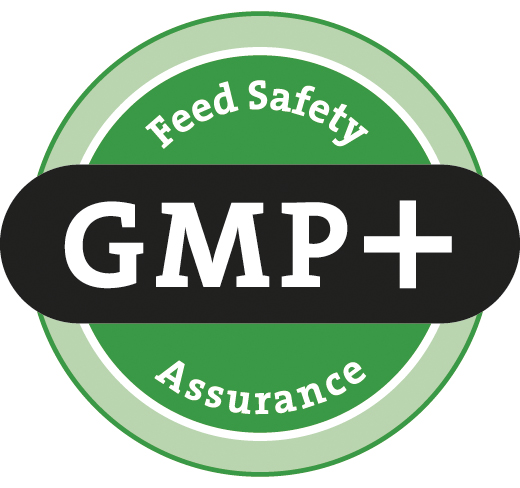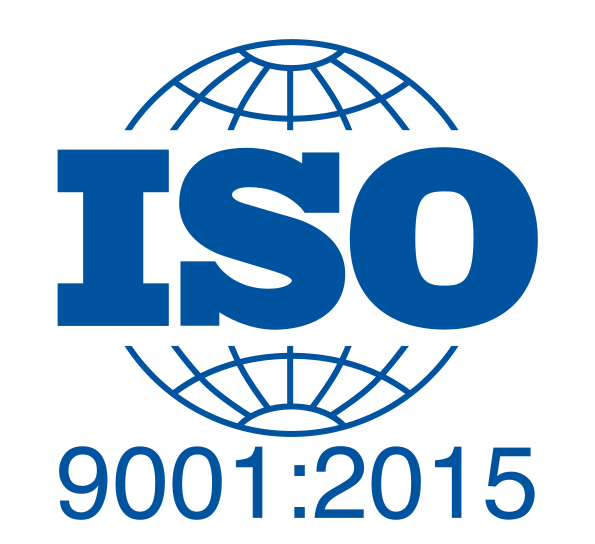INSECTS COULD HELP BOOST THE IMMUNE SYSTEM
Food and Agricultural Organization (FAO) forecasts worldwide protein shortages by 2050 and Europe wants to be less dependent on massive soy imports and reduce global overfishing for fishmeal. That is why Wageningen Livestock Research is doing research on insects as a protein source for the poultry industry.
There are several companies in the world who use insects in animal feed. However, in Europe this is restricted by the EU by the ban on PAP (Processed Animal Protein). Restrictions were set in place after the BSE outbreaks decades ago. So far, only live insects and processed oil of insects may be used as feed ingredients. “Example of a Dutch company that already is doing so, is Coppens Diervoeders,” says Dr Teun Veldkamp, senior researcher animal nutrition at Wageningen Livestock Research. “By means of a processing technique insect oil is separated from the protein. In the case of Coppens Diervoeders this oil is used in feed for weaned piglets for about two years.”

If 5% of broiler feed in the Netherlands alone would be replaced by insect protein, you would need up to 72 kilotons of insects. Photo: Dick van Doorn
In the long run it’s expected that processed insect proteins, not being oils, may be reintroduced in poultry feed. There seems to be a relaxation underway in the current PAP regulation. Insect proteins are already allowed in feed for farmed fish and pet food. “Insect proteins are an excellent replacement for fish proteins. Insect proteins are very similar to many current allowed protein sources. Right now live insect larvae may be fed to poultry under strict quality conditions, but the processed variant is still banned” says Dr Veldkamp. Another reason why the world looks at insects as poultry feed, is that it also could lead to an upgrade of residual flows, flows that you basically cannot feed directly to poultry. Insects can convert these residual flows to high-quality protein. Dr Veldkamp adds “As researchers, I think that we can take the biggest step by going that way.”
Four interesting substances
“In 2017 we started with in vitro studies on laboratory level in the Food direction. End 2017 we started with literature research for the Feed sector. We are not finished yet, I still have to do a lot of additional literature research” On the basis of the literature research Veldkamp can see that most research has been done in Asia. Very logical according to him, because for decades insects are a main stream product for feed and food in that part of the world. “We focus our research on the functional properties of substances found in insects. These are chitin, chitosan, dipeptides and lauric acid. Based on the literature, we expect that these four substances have a positive effect on the immune system in poultry.”
Eventually the use of these substances in the feed industry, could lead to more resilient birds and less use of antibiotics according to Veldkamp. “But it doesn’t stop there. We expect, on the basis of the literature research of the coming months, that even more substances are discovered that increase the immune system of poultry.” Starting from the second half of 2018 the consortium will also implement laboratory research. “During this laboratory research these substances will be screened to see if they have any impact on the immune system.”

A large benefit of the fly is that reproduces fast and is very good at converting various types of waste streams. “A very sustainable way of doing things.
Black soldier fly
On the basis of laboratory tests in the second half of 2018 substances will be selected for field studies. These will be done in an experimental facility of Cargill. “Initially, we’re going to carry out tests in broilers, to see if we can increase the immunity.” One of the insects that is most suitable to rear for the production is the black soldier fly, native in areas with a subtropical climate, but also in some southern European countries. A large benefit of the fly is that it reproduces fast and is very good at converting various types of waste streams. “A very sustainable way of doing things.”
For the project ’Insects Products as Innovative Feed Concepts: Functional Properties and Food Safety’ Veldkamp and his team are looking for special substances that have a positive influence on the immunity in poultry. “If we succeed to isolate such substances, we strive to make them available to compound feed companies in the long run. For that, scale is of the essence for bulk deliveries. I have the strong believe that these insects products have an added value for the livestock sector in the world.” Suppose, that 5% of broiler feed in the Netherlands would be replaced by insect protein, then you would need up to 72 kilotons of insects. “At this point we wouldn’t be able to produce enough insects to cover the need in the Netherlands alone. So if we move forward after our initial research a strong focus on production capacity is necessary. If we could reduce the cost price with this upscaling, that would be a nice side-effect,” according to the senior researcher animal nutrition.
Broad partnership involved
The Public Private Partnership (PPP) project ‘Insects products as innovative feed concepts: functional properties and food safety’ is funded by the Dutch Ministry of Agriculture, ABZ Diervoeders, Cargill, Nuscience and Protix. It is conducted by Wageningen Livestock Research, RIKILT and Schuttelaar & Partners. The project generates knowledge on the effects of insect products on immunity. A better understanding of the functionality of (co)products of insects may contribute to an improvement of the immunity of animals that were fed insect products.
If it wouldn’t be viable to scale up for mainstream broiler production, it might be possible to only produce insect protein for certain groups of animals, such as young, weak or breeding birds. “One could consider then to produce only for this special target groups. If it brings sufficient health benefits for the poultry sector (and other animal husbandry sectors), then I estimate that in the short term more will be invested by companies to increase the production capacity for insect rearing.”
Dick van Doorn
Source: www.poultryworld.net


